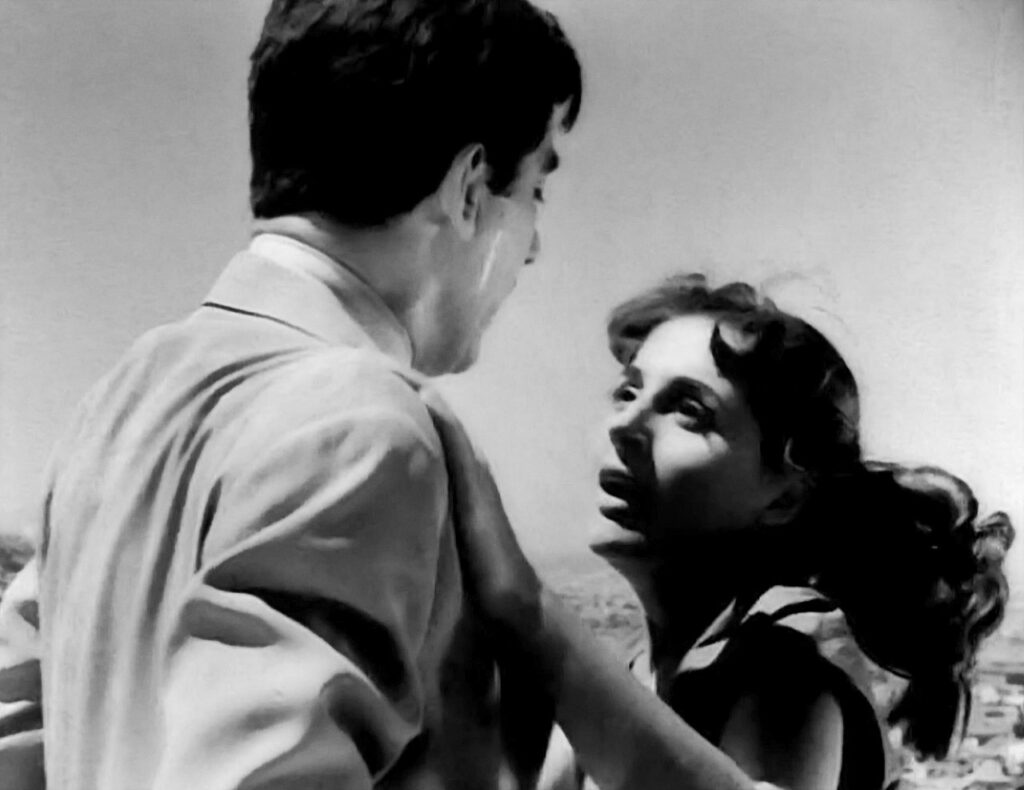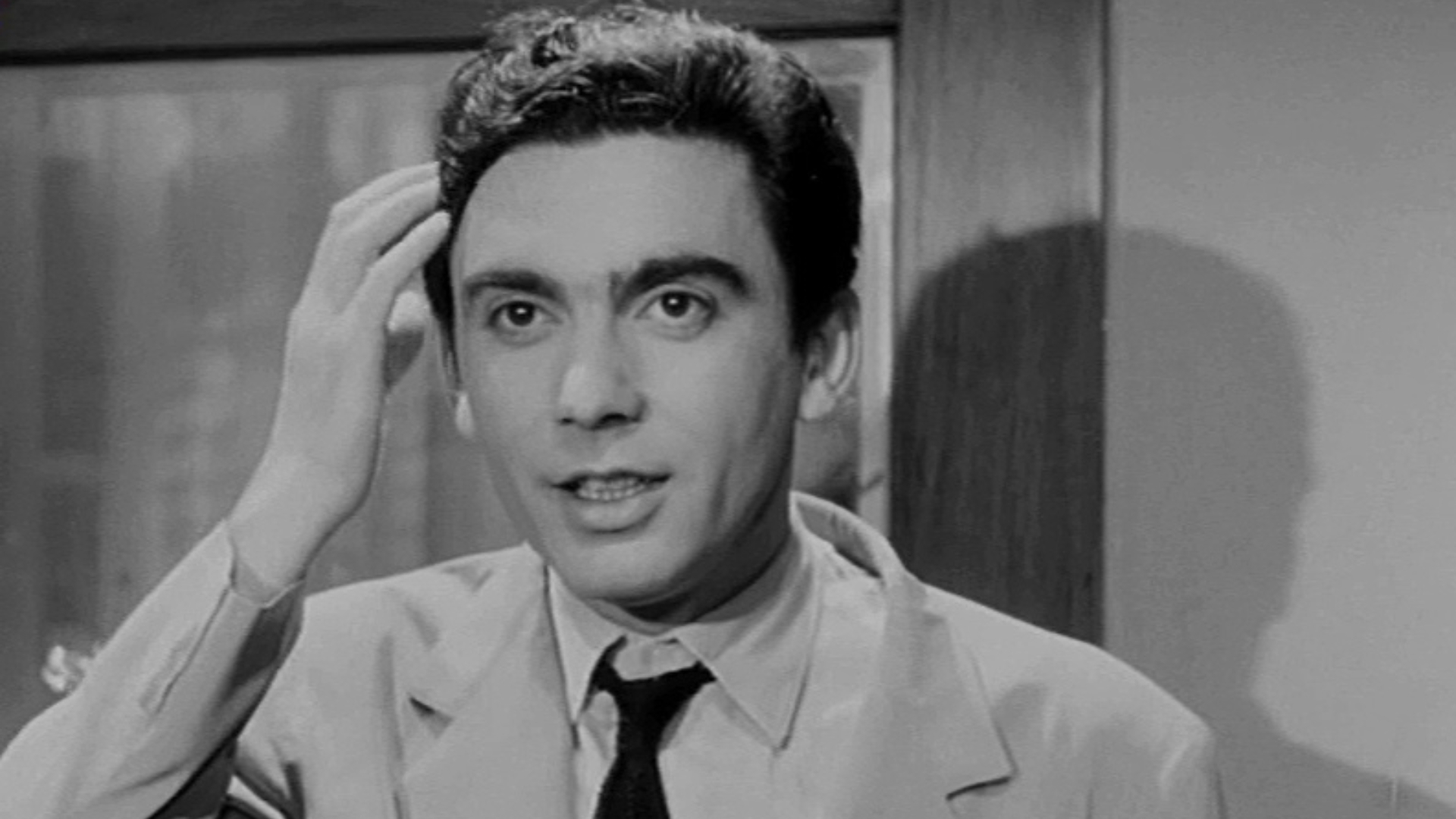The leading actor of Greek theatre and cinema in the mid 1900’s, Dimitris Horn was born on March 9, 1921 in Athens.
Horn studied at the Drama School of the Royal Theatre, where he made his debut in Strauss’s operetta “The Bat” in 1940.
Immediately after, he appeared at the “Rex Theatre” of Marika Kotopouli. In the period 1943 – 1944 he participated in Katerina’s troupe, with which he co-starred in “Spouses with Trial”. In 1944 he formed his own troupe together with Mary Aroni, later collaborating with Vasso Manolidou.
After an absence of two years abroad, he returned to Greece and in 1953 met Elli Lampeti. Their relationship brought Lampeti to divorce her husband Mario Ploritis, becoming an iconic Greek power couple in the mid-1900’s. Together, they form their own troupe with George Pappas, releasing works such as: “The Rainmaker”, “Bridal Bed” and “The Game of Loneliness”.

Dimitris Horn also had a great contribution to the cinema. While he starred in only 10 films, his unique performances included “False Pound” (1954), “We Have a Life” (1955) and “The Girl in Black” (1956).
As his career in theatre and film came to a close, Dimitris used his charming personality and switched to radio presenting. On the radio he hosted special five-minute weekly shows, written by Costas Pretenteris. He also read fantastic letters from listeners on the show “The Postman Has Arrived”.
Later in life he became the general manager of ERT, from 1974 to 1975, while in 1980 he and his wife Anna Goulandris founded the Goulandris-Horn Foundation. The purpose of the foundation was to study Greek culture, with Horn being awarded the Golden Cross of George I.
He died on January 16, 1998, after suffering from illness.
Sourced By: San Simera

